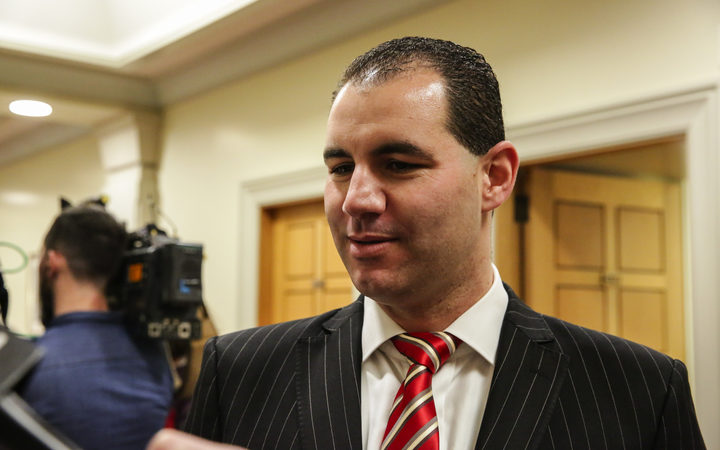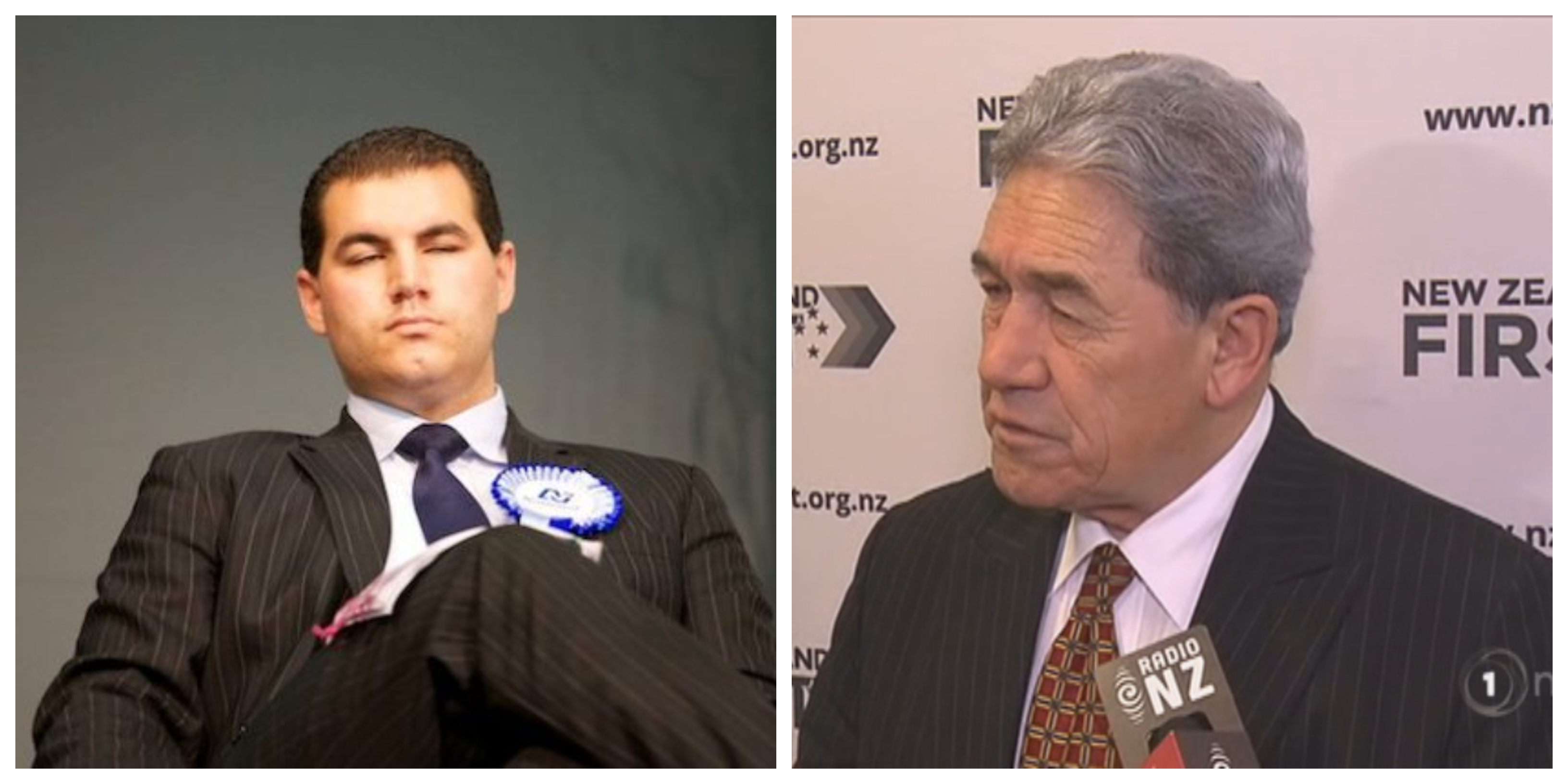Ever since his infamous tell-all press conference in October, controversial MP Jami-Lee Ross has been the star of political headlines. This week, he made another splash in the realm of politics after he assigned his proxy vote to the New Zealand First Party after his own National Party rejected an earlier offer.
After burning all bridges with his own Party, the disgraced MP for Botany was on the verge of removed from Parliament if National invokes the Electoral Integrity Amendment Law – colloquially called the “waka-jumping law”, which empowers parties to evict their rogue members with a majority vote by their Caucus.

Ross had already been placed on medical leave even before his memorable speech on the 16th of October, thus he has been missing sessions inside the Debating Chamber. Despite being absent, he is still an elected Member of Parliament with a right to vote on legislation being passed and therefore was entitled to a “proxy vote” – or the ability to vote in absentia.
The constituents of the Botany electorate, after all, still deserve to be represented in the House of Representatives even though the individual they democratically elected has become dysfunctional.
According to the Standing Orders of Parliament (the “rulebook” of Parliament), the electorate’s vote cannot be expressed without their elected representative being physically present in the House, or if the Party that MP belonged to did not accept their proxy vote:
#146: Members voting or abstaining on a personal vote must remain in the Chamber or in the lobbies until the declaration of the result by the Speaker; the vote or abstention of any member who does not remain in the Chamber of in the lobbies until the declaration of the result is disallowed.
However, the Standing Orders do not require the individual member to assign their proxy vote to the Party they were elected with:
#154, (1): A member may give authority for a proxy vote to be cast in the member’s name or for an abstention to be recorded.
#154, (2): A proxy must state the name of the member who is giving the authority, the date it is given, and the period or business for which the authority is valid. It must be signed by the member giving it and indicate the member who is given authority to exercise it.
In light of this, the individual MP’s proxy vote may be given to a different Party – provided that MP gives the intended proxy the authority to do so.
In the case of Jami-Lee Ross, he intended to give his proxy vote to the National Party despite breaking ties with them. It made sense, Botany after all is overwhelmingly a National stronghold – winning dominant majorities in both the Party vote and electorate vote in every election since the electorate’s establishment in 2008.
For Ross to cast Botany’s vote in line with how National voted was to respect the general consensus of its voters.
However, the Party declared they will not be accepting Ross’ proxy vote as he had already been expelled from their Caucus. In a press statement, the Party rationalised this by saying: “Mr. Ross is no longer a National MP, having been expelled from the Caucus on 16 October and resigning his membership of the National Party on the same day”.
Having been rejected, Ross and the Botany electorate risked losing their ability to decide legislation and be heard in Parliament. The rogue MP then sent an e-mail to the New Zealand First Party, in hopes that they would cast his proxy vote.
Showing concern regarding the risk of New Zealand voters not having their voice heard in Parliament, the Party moved in to accept Ross’ offer.
In their press statement, NZ First maintained their preference for Ross to resign his electorate seat in Botany and seek a by-election to renew his mandate. As an aside, the Party accepted the proxy vote offer “solely on the grounds that the electors of Botany gave a clear expression of their will at the 2017 General Election when they elected him with a significant majority”.
This sentiment was further echoed by their leader, the Rt. Hon. Winston Peters, in an interview with the Press Gallery saying: “We are here to say to the people of Botany: ‘you deserve to have your voice heard!'”.’
In Ross’ absence, the NZ First Party Whip will cast his vote in absentia – but with the caveat that his vote be made in line with how the National Party votes.
This is what makes the move by NZ First all the more laudable: we can understand their rationale for doing so if they were given authority to cast the proxy vote in accordance to how they would vote themselves. After all, political parties are mere extensions of human nature which is motivated by self-interest.
But they gain nothing by casting a proxy vote in favour of an opposing Party like National, so why take on board the responsibility? This is why the justification given in their press statement sounds all the more authentic, the only logical explanation for NZ First’s decision is to preserve the integrity of the electoral system.
Many will suspect that this is a case of NZ First colluding with the enemy, since the proxy vote is being made in favour of the National Party. But why would the vote of the Botany electorate be made differently, when the political sentiments’ of the local constituency is very clearly supportive of National?
To cast Botany’s proxy vote in a manner that its voters are not amenable to will be just as democratically reprehensible as having their vote in Parliament disallowed completely.
Rather than creating conspiracy theories, it is easier to believe that NZ First maintained their commitment to preserving the integrity of the electoral system by accepting the role of casting Jami-Lee Ross and his electorate’s vote for them.


Well researched and explained Louie.
It is a pity that some folk cannot read on FB and have interpreted it as NZFirst using the vote, rather than taking responsibility for a National vote.
When WP explained the rationale on RNZ radio the interview was a bit unclear, which is a pity. If only that media would let the man say his piece instead of trying to trip him up. It all seems to be attack interviewing these days.
And isn’t Botany your own electorate?